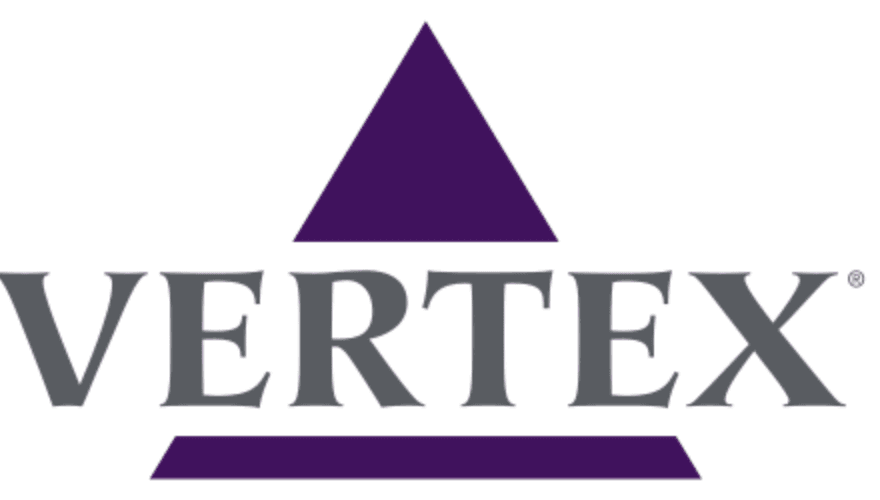
This morning, Vertex Pharmaceuticals shared an update from its human trial of VX-880, the line of stem-cell-derived insulin-producing beta cells that the company acquired with its purchase of Semma Therapeutics in 2019. Though the research is a long way from being commercially available for people with T1D, these cells have the potential to be part of a Practical Cure for T1D down the road. The link to the press release can be found at the end of this summary.
The press release conveys results from a single patient who has lived with type 1 diabetes for over 40 years. The significant news is that this patient, 90 days into the trial, has reduced their daily external insulin requirement from 34 units per day to 2.9 units per day. At the same time, the person’s HbA1C level dropped from 8.6% to 7.2%. If these results hold up for a longer duration and can be replicated in a much larger population base, this treatment could offer a plentiful source of insulin-producing cells for transplantation into people with T1D.
While this news is encouraging, there are some substantial hurdles to cross. Most notably, patients in this trial are required to take full-body immunosuppressive drugs to protect the surgically implanted cells from immune rejection. Taking broad immunosuppression, which reduces resistance to all diseases, is not a viable option for most people with T1D. But if this current trial proves successful, Vertex plans to test VX-880 with potentially safer methods of cell protection, including encapsulation, gene editing, and localized immune modification.
